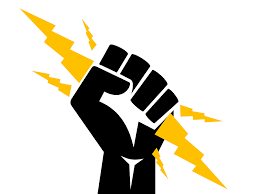Can the Grid Ever Go Green?
/Anyone who’s lived in the region for a good amount of time knows that it’s far from pessimistic to have lost faith in African power utilities. We’re realists here, and we like to call it how it is. And the truth is, the Nigerian electric grid in its present state won’t be experiencing its golden age any time soon. From the glaring unpredictability of power supply to the haphazard funding practices that allow them to continue to operate, it isn’t much of a stretch to suppose that it is a system beyond repair—sorry guys.
According to a 2016 World Bank study shared by Quartz Africa, fewer than 1% of the African utilities surveyed in the study were capable of generating enough cash to cover both operating costs and maintenance/expansion fees. While some large companies are able to switch to alternative sources of energy, this hasn’t always been an option for smaller businesses and individuals who are just as tired of the failing, unpredictable grid. Of course, the result tends to be that existing utilities lose their big customers and it’s the people who are left to suffer the consequences.
We already know it takes time for decentralized, sustainable practices to pick up speed when cost is an issue for huge swaths of the population. But there is a growing consensus of voices familiar with these industries who agree that the utilities’ present situation isn’t so much of a setback as it is an opportunity. That is, an opportunity for those of us in the dark, whether in urban centers or rural areas, to set our sights on something a little more 21st century. Something a little more…green. Some of the writers over at Quartz even suppose that the grid may make a comeback as a marketplace where users are able to sell the excess power generated from their solar installations to those without power. And that, my friends, is music to our ears. Because we’re here to make it possible.

